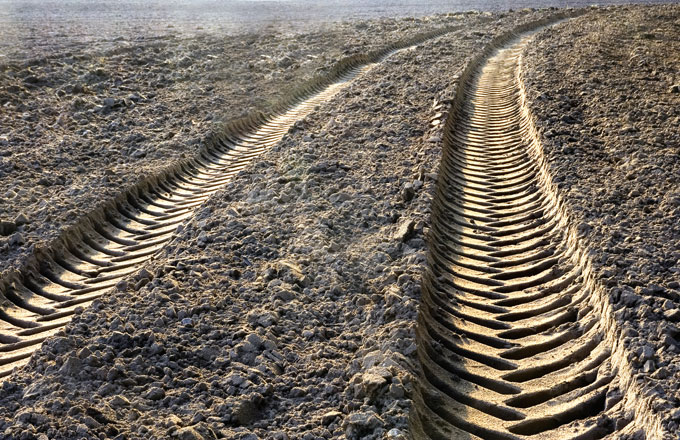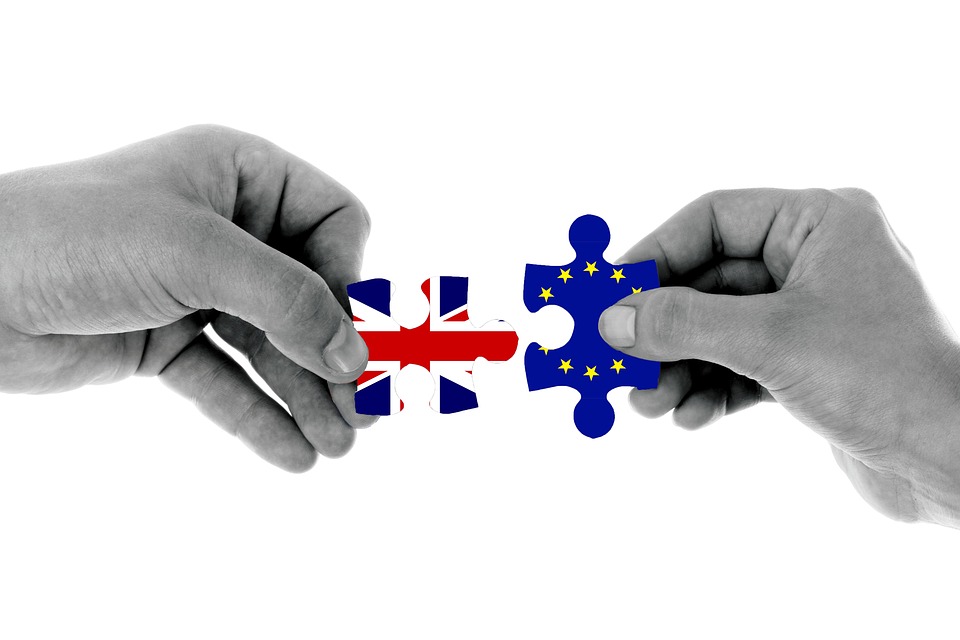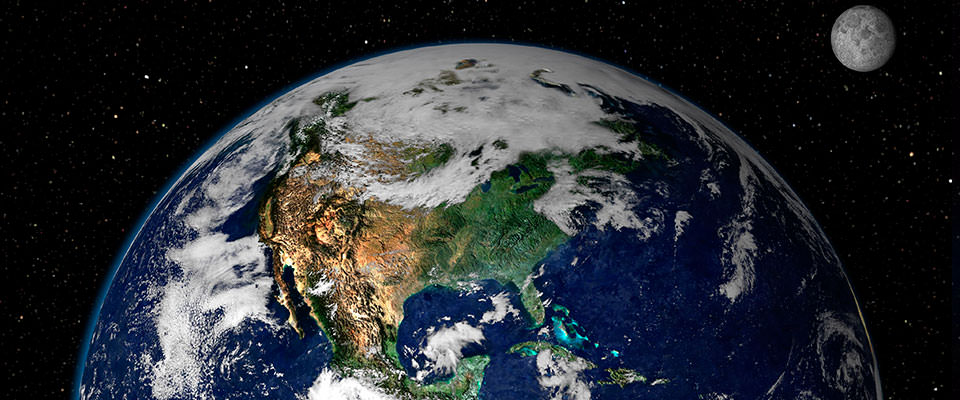Saoirse McHugh on rural Ireland & climate action

28 May 2021
There’s been a lot of discussion lately around climate action and rural Ireland. It’s been hard to miss.
So we gave Saoirse McHugh a call to get her take on it. She’s a three-time election candidate and environmental activist based in Achill Island, Co. Mayo.
And without further ado, here she is.
Can you tell me a bit about your own experience of rural Ireland?
I grew up here in Achill, which is unlike a lot of places further inland. Thankfully there’s quite compact little villages and towns, so my childhood was quite idyllic.
During the 1990s, there were incentives to build holiday homes here. I remember my dad at the time talking about how this would signal the end of life as we knew it in Achill because everyone I know grew up in a bed and breakfast.
Holiday homes started going up everywhere and between my teenage years and into my twenties, Achill really started to change.
Now there’s huge numbers of empty houses here. On top of all that, these holiday homes weren’t very well built and people couldn’t live in them long-term. Some of them are built way outside villages as well.
There’s now very few young people living here and schools are closing at a really quick rate. Shops are going, all the hotels are shutting.
I get really frustrated when politicians are talking about rural Ireland because they’re often not talking about what the real problems are. They’re talking about very specific industries that they may or may not have a stake in.
But I even feel weird when people talk about and use the term “rural Ireland”. It’s not a place. The mix of experiences is so big. The breadth of experience of life is way larger in rural Ireland, so it becomes almost like a redundant term.
You’ve been quite vocal about the problem of “protecting rural Ireland” being used as a reason not to take climate action – can you expand on that a bit?
If you google “politicians or TDs attack on rural Ireland”, you’ll get all these different things that will be labelled as anti-rural.
You’ve got penalty points and then there were the drink driving laws. Any kind of planning regulation that would make broadband, transport and utilities easier to provide – they’re always considered anti-rural.
Most recently any sort of climate action is considered anti-rural. I’m always quite surprised by how unchallenged that goes, because it is people in rural Ireland who have their houses flooded, and Cork City and Galway too, of course.
If you look at the midlands, there’s a huge amount of flooding. If you look ten, fifteen or twenty years in the future, I do think it will be people in rural Ireland who will see their funding cut and a lot of that will be based on climate action or the lack of it being taken by the Irish government.
My aunt had to move out of her home because it was destroyed by the sea a few years ago. The house I’m in now will be too.
This idea that rural people don’t like the environment – it doesn’t really make any sense when you start to look at it. This is always very unsaid, but there’s also this idea that rural people don’t deserve a clean environment.
Let’s take a look at when people say we shouldn’t expand the dairy herd. Growing the herd will result in a huge amount of problems for rural Ireland, which will include more general taxation coming in fines that we’re going to have to meet. It will further worsen water pollution and ammonia emissions for people locally, and there will be effects from flooding, too.
Yet it’s considered anti-rural to say maybe we shouldn’t expand the dairy herd and maybe we should balance our agriculture approach instead of supporting maybe ten thousand farmers in the south-east of the country.
So rural has become used to mean the status quo, or sometimes it’s been used to mean large dairy. It goes so unquestioned, too.
And then there’s the fact that stopping a Dutch company opening a massive cheese factory is somehow anti-rural. When did Royal A-ware become the voice of rural people? It’s crazy.
I remember when Jackie Cahill TD said the whole greyhound debate was an attack on rural Ireland. I went and looked up greyhound stadiums and there’s not one outside of a town that’s smaller than 7000 people.
So often I feel it just means that there’s a conservative status quo. I resent it so much because it goes so unquestioned.
So in terms of solutions, what kind of policies would you like to see that would serve climate action, biodiversity, and community well-being for rural communities?
I think changes in planning regulation would have the biggest impact in rural areas. Of course, that’s quite difficult because it takes so many decades for planning to begin to show results.
You can try to get people back into towns and village centres and provide things like transport, water and broadband.
I recently put out a tweet asking people about what they’d like to see in rural Ireland, and predominantly people were talking about public transport. That can only come after planning regulations or in conjunction with them.
For example, here in Achill recently they got more buses. There used to be one bus that would leave Achill a day, now there’s four. But they’re enormous coaches which are quite slow and expensive.
On top of that, you have all these shops that have shut down. It used to be that you would go into your local shop every single day and do a big shop a couple times a week or once every two weeks.
But our nearest shop is quite small and about five kilometres away when it used to be literally across the road.
When my dad was growing up there were nine shops in this village. Now there’s more buses, but people still aren’t going to give up their car because you still need them for every other part of life.
You need them for bringing kids to school and bringing them out to training because everything is still so spread out. When our schools shut down, you have to bring them slightly further out, too.
I feel like until planning has changed to start moving people into towns, things like public transport won’t be able to be provided efficiently.
So without changing planning laws in rural Ireland, you won’t be able to bring in environmental measures.
I think there’s also huge leverage to be had within our agriculture, not just for climate but for biodiversity, too.
If you were to reduce our herd and begin trading in artisan beef and milk, and in conjunction with that have a lot of locally produced food which would see a massive expansion of organic horticulture.
Imagine how much easier that would be to do if it was close to areas where it could be sold and people could have access to land themselves.
What do you hope happens next then for rural Ireland in terms of these actions?
I think planning isn’t as immediately obvious as a leverage point and it would take so long for it to really have results.
What I think is going to happen is that there will be huge issues in agriculture because of the continued expansion of the dairy herd, which is set to increase by 12 per cent by 2027.
That means that not only will suckler farmers have to reduce their emissions, but they’ll have to make even further cuts considering that the dairy herd is projected to increase at the same time.
I don’t think that will be socially possible and I think there’ll be a big rupture. I can’t guess what the fall-out from that will be.
I think there are so many farmers who do want something different and who resent being paid to keep land grazable where all sense of scrub and habitat is lost. There are very few people as far as I know who actually enjoy that.
[x_author title=”About the Author”]







